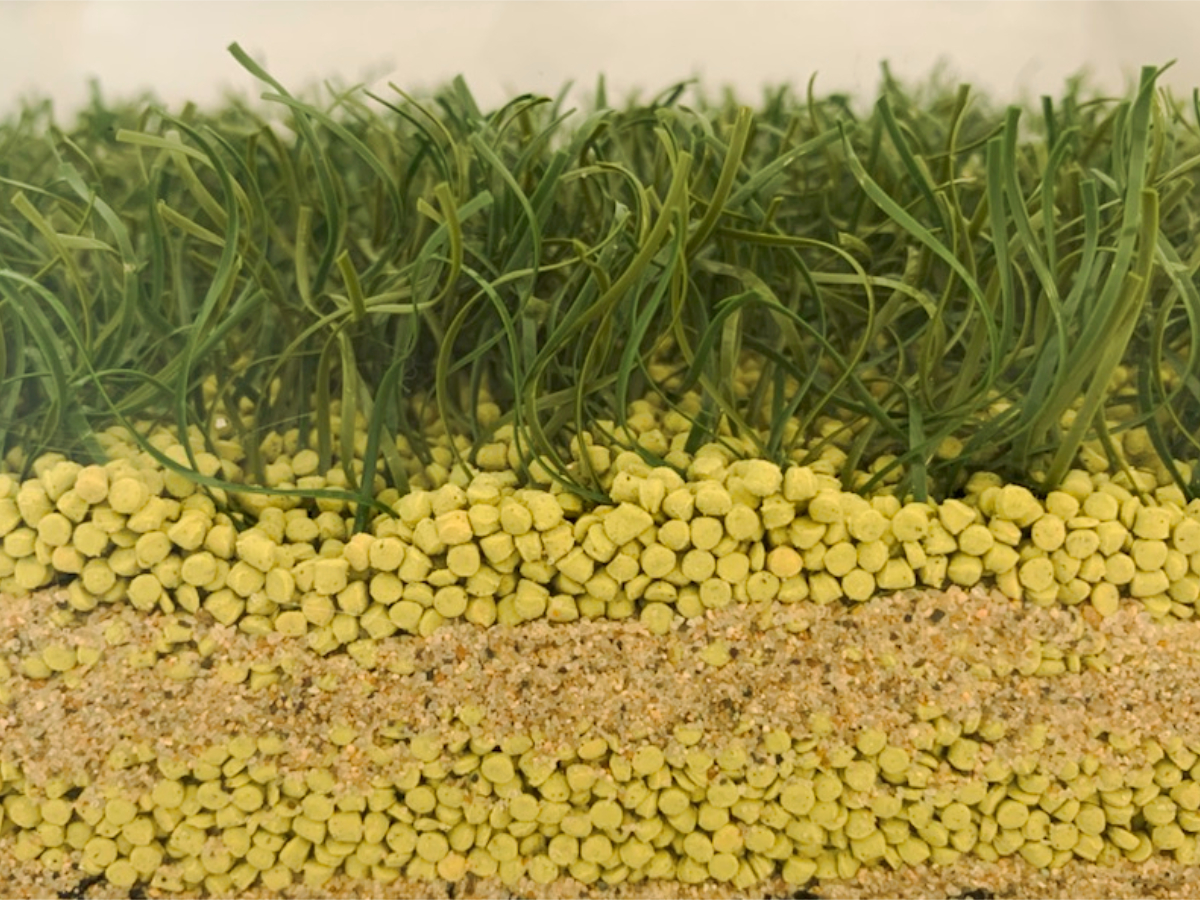
Source: PR Times
High school ‘soccer powerhouse’ replaces artificial turf with recycled green tea husks
Related Article
-
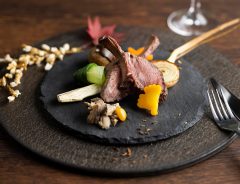
Ethically sourced venison featured in ‘Izu-Shikal Dinner Stay’ at Izu Marriott Hotel Shūzenji
-
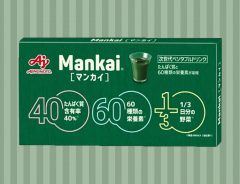
Japan’s Ajinomoto sells veggie drink made with sustainable superfood Wolffia globosa
-

Japanese service turns 15,000 restaurants nationwide into food kitchens for needy kids
-
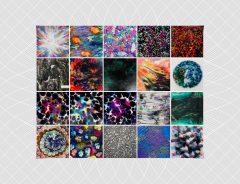
Hand-drawn traditional Kyoto Yuzen textile patterns are turned into NFT products
-
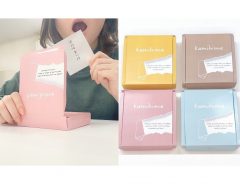
Japanese stationery maker releases edible memo note pads with food ink pen for secret snacks
-
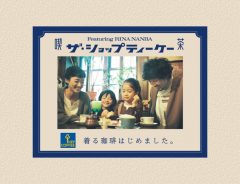
Key Coffee and The Shop TK collab on sustainable apparel with retro jun-kissa coffee shop theme


As the world begins to take sustainability more seriously, we’re all taking it upon ourselves to do our bit for the planet, and looking for ways to reduce the stress we put on our planet. With the SDGs (Sustainable Development Goals) guiding the way, Niigata’s Teikyo Nagaoka High School – a high school well known for their sportsmanship – is promoting sustainability through their adoption of an artificial soccer field which has been made using Mizuno’s Field Chip “Green Tea” – an artificial turf made from recycled green tea husks produced at ITO EN.
Sportsbrand, Mizuno, has been aiming to further accelerate sustainable activities globally from this year, and is hoping to grow it’s business by contributing to the realisation of a sustainable society. Their collaboration with drink brand ITO EN, enables them to reduce carbon dioxide and lower the outflow of microplastics.
Having been on sale since July 2018, Mizuno’s Field Chip “Green Tea” reuses the husks of tea leaves used in the production of tea-based beverages at ITO EN. When compared to fields equipped with traditional black rubber chips, field’s using Field Chip “Green Tea” have an average lower surface temperature of roughly 7 °C, and do not produce the ‘unpleasant’ odor often associated with rubber chips.
In the replacement of traditional black rubber chips, a soccer field of approximately 8000㎡ – such as the one at Teikyo Nagaoka High School – will contain an amount of tea leaves equivalent to those used in around 430,000 525ml PET bottles of ITO EN’s ‘Oi OCha’.
A major feature of Field Chip “Green Tea” is the filler’s ability to reduce carbon dioxide due to it being made from recycled tea leaves. Under trial*, the chips have been observed to reduce the carbon dioxide to around 4.3t-CO2 in the atmosphere per soccer ground.
* Carbon content was measured with Yanaco HCN coder MT-700HCN
In addition, the irregularities and pores of Field Chip "Green tea" allow it to suppress the surface temperature. Two experiments in which simulated sunlight was applied to the pitch for 2 hours, confirmed that Field Chip "Green tea" can lower the surface temperature by around 7°C when compared to regular artificial rubber filler.
At Teikyo Nagaoka High School, the artificial turf has been met with positivity from both the general manager of the soccer club, Tetsuro Taniguchi, and the players who have experienced the field first hand.
Drawing emphasis from the school’s motto “always be sensible to the needs of the time”, Taniguchi says that the choice behind using Mizuno’s Field Chip “Green Tea” was not only made to promote sustainability, but also to support the bodies of the athletes who are constantly moving on the ground and affected by rising surface temperatures.
Thoughts from the players concluded that the new artificial turf “looks natural”, “has a lower and more comfortable temperature than that of general artificial turf” and “allows us to really feel and think about the features of the ground”.
As a school driven by the current needs of the world, we can expect to hear more about Teikyo Nagaoka High School and their promotion of SDGs as they work towards creating a sustainable future.